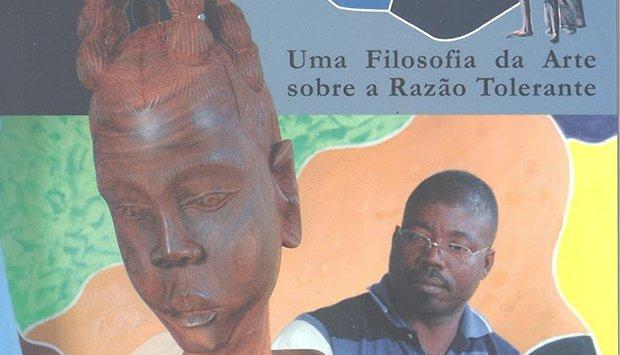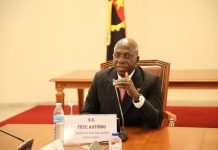Africa-Press – Angola. The Cuban Society of Philosophical Investigations expressed its interest in supporting the Etonist Philosophy Association, created in Angola, through a partnership whose validation takes place in March, with the signing of the cooperation agreement.
The decision resulted from a teleconference, held last week, between the directors of the respective institutions chaired by António Tomás Ana “Etona”, from the Etonist Philosophy Association, and Thalía Fung, from the Cuban Society of Philosophical Investigations, their lines of action and philosophical views, agreed that philosophical practicality aims to guide societies, proposing answers to solve cultural, artistic, economic, ethical, political and religious problems, a meeting in the third week of November, in allusion to the World Philosophy Day, without having yet defined the location, between Luanda and Havana.
The first meeting, in an “online” format, took place in a euphoric atmosphere, with the associations being committed to start working on creating the conditions for the subsequent steps, so that they wisely respond to the demands of the new partnership,Luís Valentim Mucanzo (Secretary for Communication and Exchange) and Januário Kindowa Barroso Xavier (Advisor to Management) participated, while on the Cuban side, Raul González Hernández, Press and Culture Advisor at the Cuban Embassy, Ernesto Pulgarol Blanco, Minister Advisor to the Cuban embassy, in addition to the Society’s president, Thalía Fung, assisted by the executive secretary, Ormarfelix Dia.
The Cuban Society of Philosophical Investigations was founded in 1982, the following year it became a member of the International Federation of Philosophical Societies, where Thalía Fung was a member of the governing body for 10 years.
Regarding the lines of action, the president added that she is focused on political studies, acting directly as partners of the Cuban State in the definition and orientation of governance policies.
The Etonist Philosophy Association was created in 2006 by historian Patrício Batsikama, defended in national and international symposia, and made official only in 2020.
For More News And Analysis About Angola Follow Africa-Press






